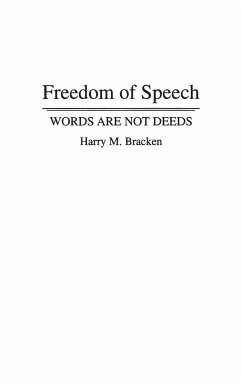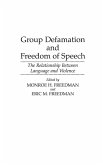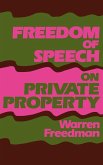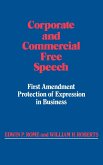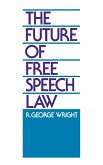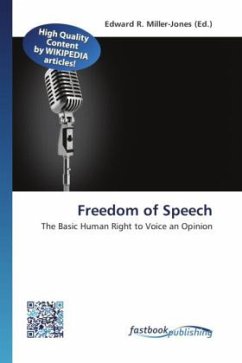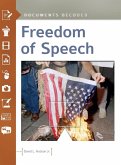This work provides a philosophical framework within which the free speech clause of the Constitution's First Amendment may be understood. While much has been written on the First Amendment, this work is unique in offering an historically based thesis illuminating a point virtually ignored in the literature--the absolutist quality of the free speech clause and the philosophical dualism (words/deeds) on which it is based. Given the increasingly powerful forces favoring group rights in order to generate laws which would silence offensive speech, this book provides a radical challenge to the frameworks within which many such contemporary arguments are cast. It also reminds putative censors of the very special role free speech plays in any democratic community which aims to be self-governing.
Hinweis: Dieser Artikel kann nur an eine deutsche Lieferadresse ausgeliefert werden.
Hinweis: Dieser Artikel kann nur an eine deutsche Lieferadresse ausgeliefert werden.
